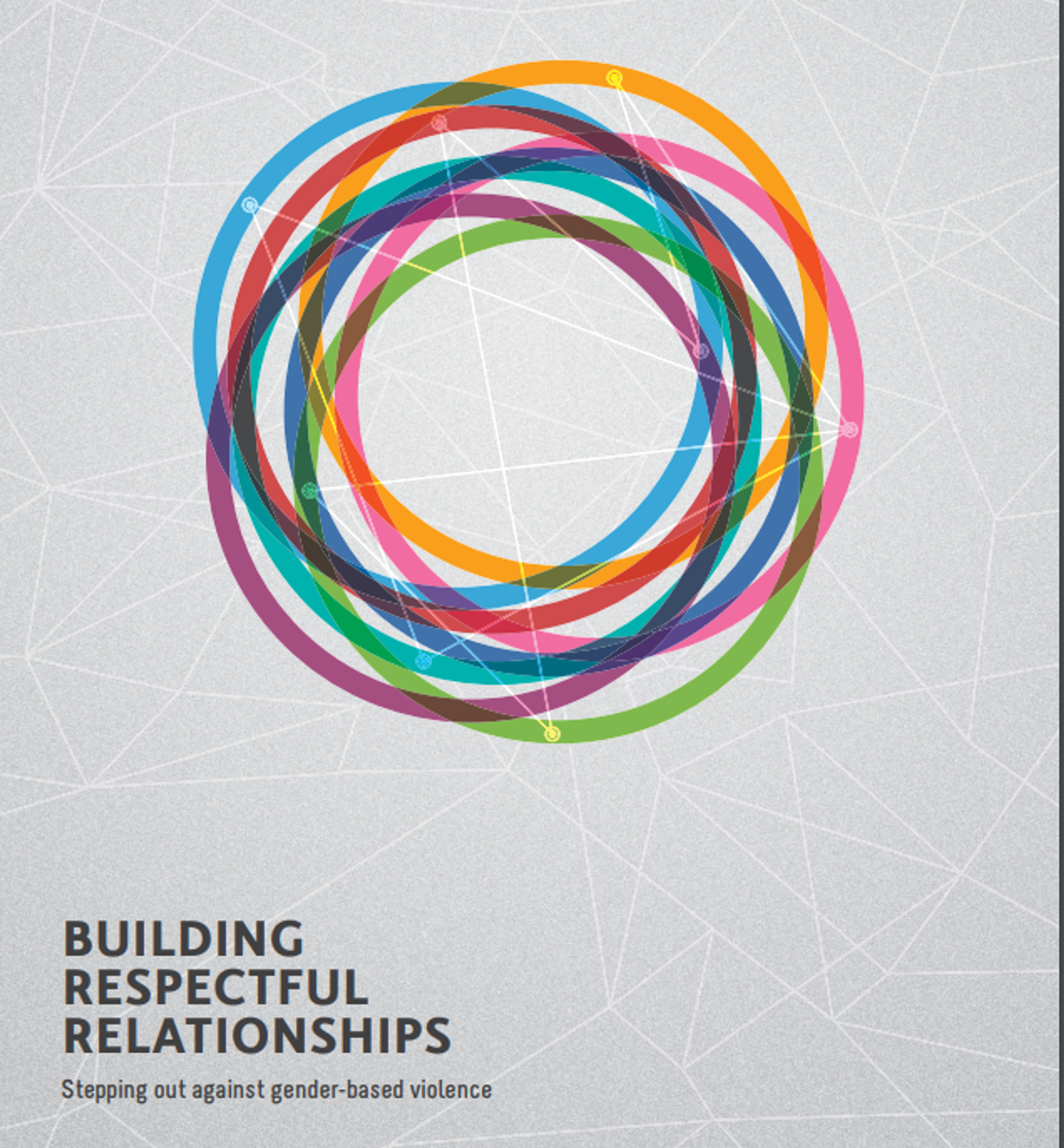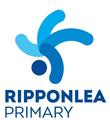Building Respectful Relationships

ABOUT RESPECTFUL RELATIONSHIPS
We all want our children to have an education that gives them the best start to a happy, healthy and prosperous life. Respectful Relationships supports students to develop the knowledge, understanding and skills to strengthen their sense of self, and build and manage safe and respectful relationships.
Respectful Relationships takes a whole-school approach, recognising that schools are a place of learning, a workplace and a key part of local communities. It embeds a culture of respect and equality across our entire school community, from our classrooms to staffrooms, sporting fields, fetes and social events.
This approach leads to positive change in students’ academic outcomes, their wellbeing, classroom behaviour, and relationships between teachers and students. We know that changes in attitudes and behaviours can be achieved when positive attitudes, behaviours and gender equality are lived across the school community.
Together, we can lead the way in creating genuine and lasting change so every child has the opportunity to achieve their full potential.
IN THE CLASSROOM
Respectful Relationships acknowledges that children of any age have challenges to overcome, teaching social and emotional skills appropriate to their age and level of maturity. It is being taught in all government and Catholic schools and many independent schools from Prep to Year 12, as a core component of the Victorian Curriculum.
In the primary years, Respectful Relationships focuses on treating everyone with respect and dignity. It is taught as part of the Health and Physical Education and Personal and Social Capability areas of the Victorian Curriculum.
The supporting Resilience, Rights & Respectful Relationships teaching and learning materials have been developed by world-leading experts from the University of Melbourne. These age-appropriate resources align to the Victorian Curriculum and include lesson plans and activities that help students learn and practise social skills and apply them in a positive way to learning, life and relationships.
The Resilience, Rights & Respectful Relationships resources cover eight topics for each year level.
Topic 1: Emotional Literacy
Topic 2: Personal Strengths
Topic 3: Positive Coping
Topic 4: Problem Solving
Topic 5: Stress Management
Topic 6: Help-Seeking
Topic 7: Gender and Identity
Topic 8: Positive Gender Relations
MYTHS & FACTS
Myth: Respectful Relationships teaches radical gender theory
Fact: Respectful Relationships does not teach radical gender theory. It is a primary prevention initiative to reduce family violence.
Respectful Relationships promotes respect and gender equality and helps students learn how to build healthy relationships. It prepares students to face challenges by developing problem-solving skills and building resilience and confidence.
Schools involved in the Respectful Relationships initiative are building a culture of respect and gender equality, by looking at their practices and policies to drive meaningful change.
The Victorian Royal Commission into Family Violence recommended Respectful Relationships be introduced to all government schools (Recommendation 189). Evidence presented to the commission showed that family violence is the most pervasive form of violence perpetrated against women in Victoria.
Myth: Education cannot solve the problem of family violence
Fact: Respectful Relationships isn’t intended to be the whole solution to addressing family violence, but it is an important primary prevention initiative.
Just like other major social and health issues such as smoking and road tolls, evidence shows that gender-based violence can be prevented by working with the whole population, and in this case, all schools, to address the attitudes, beliefs and knowledge that supports the prevention of violence.
Studies show that school-based violence prevention and Respectful Relationship initiatives can produce lasting changes in attitudes and behaviours.
Respectful Relationships Education in Schools (RREiS) was trialled across 19 schools, reaching 1,700 teachers and 4,000 students. The trial found that the initiative had a positive effect on students’ attitudes, knowledge and skills, as well as, school policies, culture and ethos.
Myth: Respectful relationships education teaches boys to feel ashamed and girls to feel like victims
Fact: This is simply not true.
None of the activities in the Resilience, Rights and Respectful Relationships teaching and learning materials teach students to feel ashamed, or feel like victims.
Respectful Relationships promotes respect and equality and helps boys as well as girls learn how to build healthy relationships.
Myth: The Resilience, Rights and Respectful Relationships teaching and learning materials are not age appropriate
Fact: The Resilience, Rights and Respectful Relationships teaching and learning materials were developed by leading education experts, who tailored the materials to each year level from Foundation to year 12 and made sure all information is age-appropriate and grounded in evidence.
Myth: Students will use the Resilience, Rights and Respectful Relationships teaching and learning materials learning materials like a textbook
Fact: The Resilience, Rights and Respectful Relationships teaching and learning materials are designed to support teachers to deliver respectful relationships education in the classroom.
Teachers use their experience and knowledge to deliver this material in the most suitable way for their students. Materials were developed by nationally and internationally recognised experts from the University of Melbourne’s Graduate School of Education.
Myth: The Resilience, Rights and Respectful Relationships teaching and learning materials aren’t based on evidence
Fact: This is untrue.
The Resilience, Rights and Respectful Relationships teaching and learning materials have been developed by experts from the University of Melbourne’s Graduate School of Education, based on evidence from reputable research bodies and leading authorities including:
- UNICEF
- VicHealth
- Australian Bureau of Statistics
- Office of the UN High Commissioner for Human Rights
- Australian Institute of Health and Wellbeing
- UNESCO
Myth: Respectful relationships education will mean less time for literacy and numeracy
Fact: The Victorian Government is committed to improving literacy and numeracy outcomes for our students which is why we have recently launched our Literacy and Numeracy Strategy. It provides greater investment and support for teachers through teaching resources and professional development opportunities.
Myth: Respectful relationships education does not address violence against men
Fact: Respectful relationships education is about building positive relationships for all young people.
Students are given the opportunity to explore emotions such as anger and frustration, and develop non-violent problem solving strategies.
All secondary school students, learn about and explore the relationship between gender and power and the way gender stereotypes and behaviours can lead to unhealthy relationships or coping strategies.
Primary school students are supported to learn new skills to build their confidence and resilience.
Myth: Respectful Relationships and the Safe Schools program are the same
Fact: Respectful Relationships and Safe Schools are two very different initiatives.
Safe Schools is about creating inclusive and safe environments for all students, including Lesbian, Gay, Bisexual, Trans and gender diverse, Intersex, Queer, Asexual and questioning (LGBTIQA+) students.
Safe Schools seeks to prevent, and respond to, discrimination against LGBTIQA+ students. Safe Schools is not part of the Victorian Curriculum.
Respectful Relationships is part of the curriculum. It promotes respect and gender equality and helps students learn how to build healthy relationships.
Myth: Respectful Relationships will ban fairy tales
Fact: This is untrue.
In schools, the Victorian Curriculum provides opportunities for students to read fairy tales as part of both the Languages and English Curriculum. In early childhood settings,
Respectful Relationships will be offered as a voluntary professional learning program to early childhood professionals.
The training encourages early childhood professionals to consider telling stories with a range of different characters in various professions and roles. This provides a diversity of role models for children – for example, female characters who are firefighters, male characters who are nurses.
In fact, as educators reflect on whether there is balance in how genders and professions are represented in toys and books, it is likely that more books and resources will be added to provide balance and diversity in representation.
Myth: This initiative is trying to say that boys can’t play with trucks and girls can’t play with dolls
Fact: Absolutely not. This initiative is not seeking to make children ‘gender neutral’ or trying to prevent girls from playing with dolls, or boys with trucks.
Respectful Relationships is about creating an environment in which children are not restricted by gender stereotypes and are free to explore and play as they choose.
Myth: Respectful Relationships is a sex education program
Fact: Respectful Relationships is separate to sex education in the curriculum.
Myth: Respectful Relationships claims that children are sexist
Fact: Respectful Relationships is not saying that children are sexist.
Evidence shows that children in early childhood settings may start to exclude others based on their gender. For example – some children may insist that some games are for boys or girls, and may exclude others from playing the game.
This evidence shows it is important for children to be learning about and building healthy and respectful relationships from the early years and to understand their opportunities are not limited by their gender – that girls can grow up to be firefighters or footballers and boys can grow up to be nurses or teachers.
Program background
The Royal Commission into Family Violence identified the critical role that schools and early childhood education have in creating a culture of respect to change the story of family violence for future generations.
In 2016, respectful relationships education became a core component of the Victorian Curriculum from foundation to year 12, and is being taught in all government and Catholic schools and many independent schools.
Everyone in our community deserves to be respected, valued and treated equally. We know that changes in attitudes and behaviours can be achieved when positive attitudes, behaviours and equality are embedded in our education settings.
Respectful Relationships is about embedding a culture of respect and equality across our entire community, from our classrooms to staffrooms, sporting fields, fetes and social events. This approach leads to positive impacts on student’s academic outcomes, their mental health, classroom behaviour, and relationships between teachers and students.
Together, we can lead the way in saying yes to respect and equality, and creating genuine and lasting change so that every child has the opportunity to achieve their full potential.
Lydia, Emma, Luca, Marta and Mark
The Respectful Relationships Team
